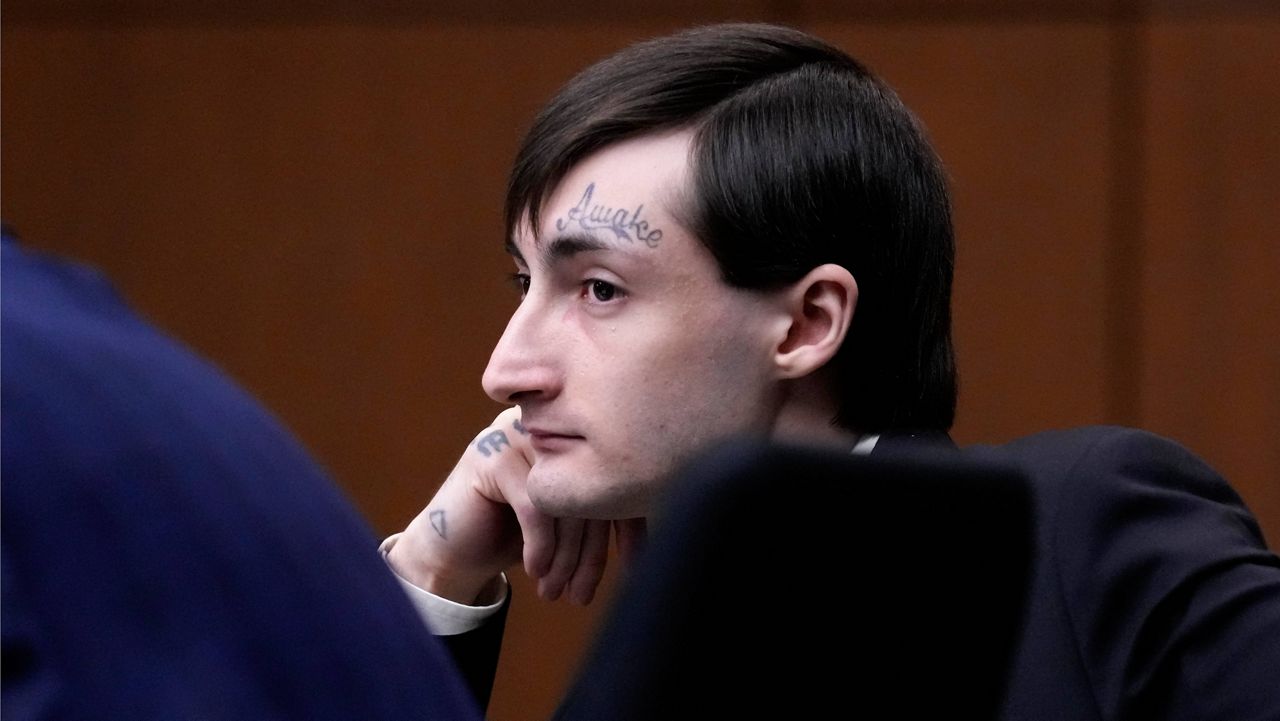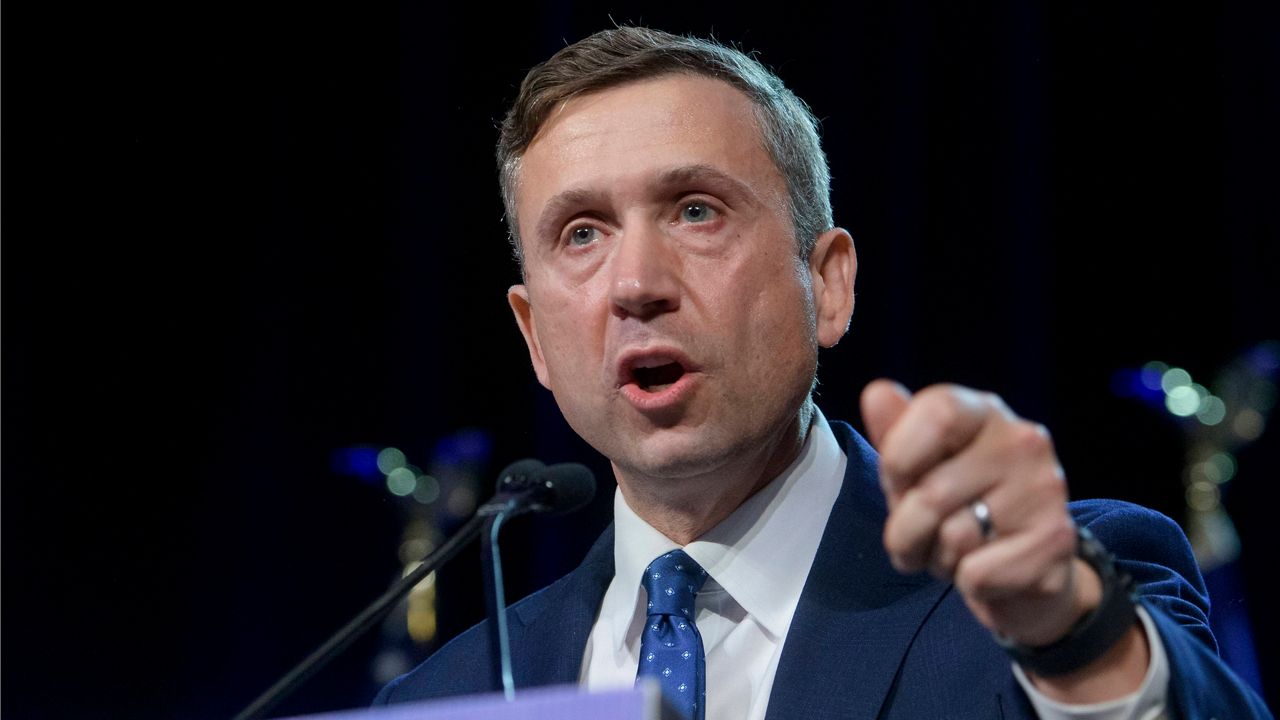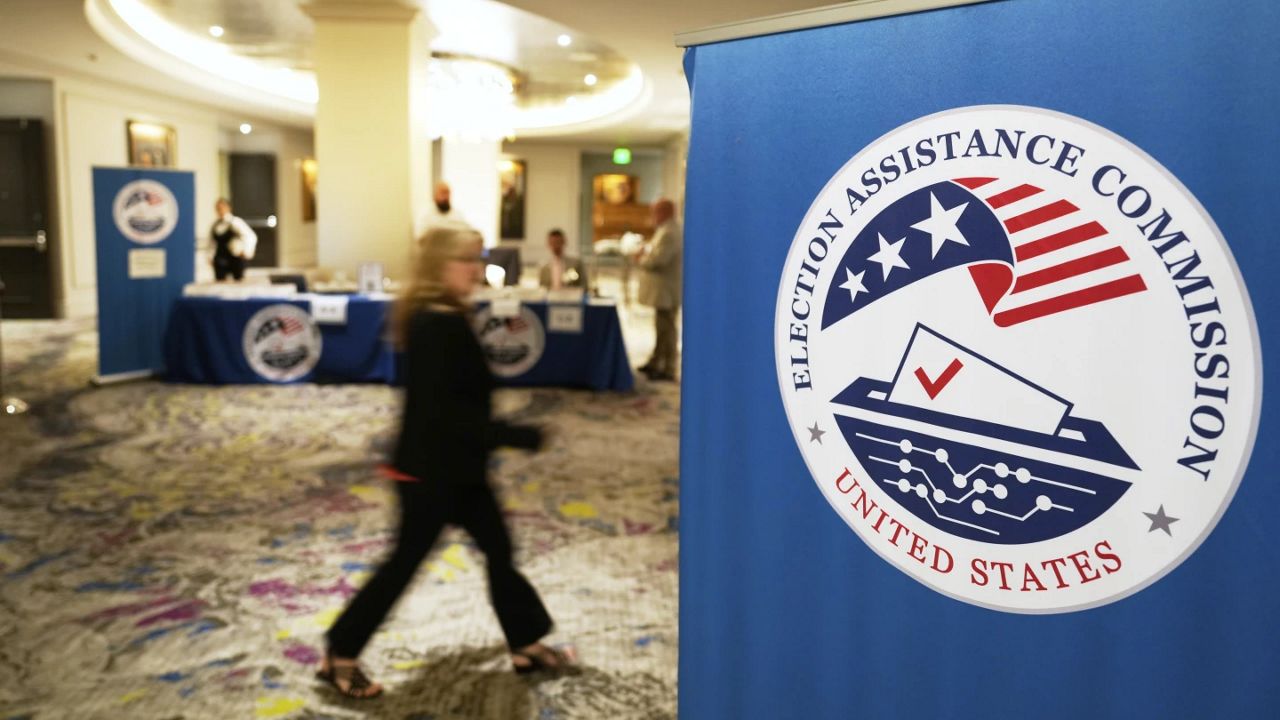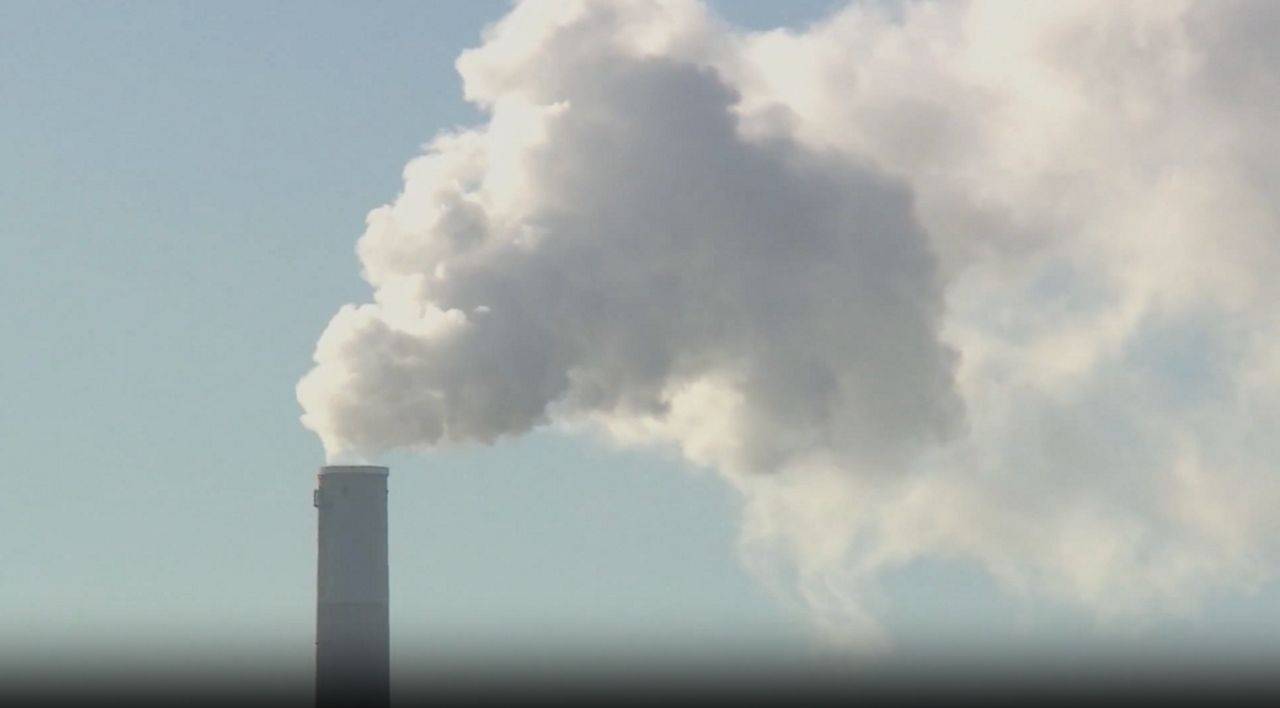LOS ANGELES — The epidemic of loneliness and social isolation continues, especially among youth.
Research by the National Institute of Mental Health found that nearly 50% of teens in the U.S. have experienced a mental disorder at some point in their young lives.
What You Need To Know
- A recent Cigna study shows 71% millennials and 79% of Gen Z report feeling lonely
- It’s a crisis that brought Brendan Berry to hear the panel of advocates and creatives hosted by Hollywood & Mind and Bumble in an effort to help alleviate the issue
- Disconnection has been linked to heart disease, low immunity and cognitive decline
- If you or someone you know is experiencing mental health challenges, the National Institute of Mental Health has a list of resources for you here
To help these generations better connect, Hollywood & Mind and Bumble hosted a spotlight on loneliness.
Brendan Berry was one of the people in attendance.
He’s truly learned to stop and smell the roses. It’s been a long journey to get here, but he says he’s picked up quite a few skills along the way, from music therapist to composer and Grammy award-winning sound mixer.
“The album that I won a Grammy for working on was about supporting children that are understanding the human condition and the challenges we face, internally and externally,” he explained.
It’s become his life's work to teach and create music that helps people develop an understanding of what’s happening in their internal worlds.
A music therapy that Berry says helped save his life when he found himself addicted to drugs and alcohol after deeply struggling with loneliness and trauma in his youth.
“Music was a way for me to kind of connect with myself internally, and community helped me bring my music out into the world,” Berry explained.
He remembers how incredibly isolated he once felt and he’s not alone.
A recent Cigna study shows 71% Millennials and 79% of Gen-Z report feeling lonely.
It’s a crisis that brought Berry to hear the panel of advocates and creatives hosted by Hollywood & Mind and Bumble in an effort to help alleviate the issue.
The founder of the Coalition to End Social Isolation and Loneliness, Andrew Macpherson, was one of the panelist.
He says addiction to technology is the biggest factor here, but technology could also help.
“At the end of the day, it’s really small interventions,” he said. “It’s the small things - sending a simple text message, reaching and creating a genuine connection to someone that’s ultimately going to solve this crisis.”
As an actor, Daniel Ezra hopes that when viewers watch his character navigating a struggle similar to their own, they’ll feel empowered.
He also says it’s an outlet for him to release his own emotions.
“If you find whatever way that might be, whether it’s talking to a friend, therapist, journaling, meditating, poems, short story, whatever it may be, anything that kind gets it out of your head and into the space and allows you to look at it from a very multifaceted sort of 3D angle is usually where you’ll find the answer,” Ezra explained.
It’s where Berry found his answer, finally discovering the healing powers of community.
“Having conversations about mental health and holistic wellness is just a great way to begin the process of self-discovery and how can I work toward healing?” he said.
For himself and for the greater good as he works on projects that look to change public perception and policy.
Disconnection has been linked to heart disease, low immunity and cognitive decline.
If you or someone you know is experiencing mental health challenges, the National Institute of Mental Health has a list of resources for you here.











